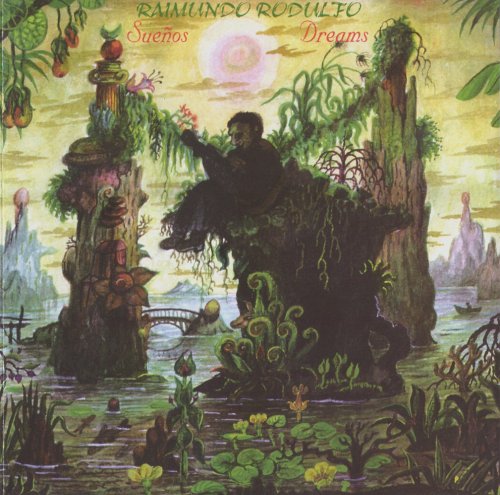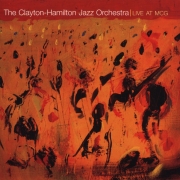Wadada Leo Smith - Divine Love (1979)
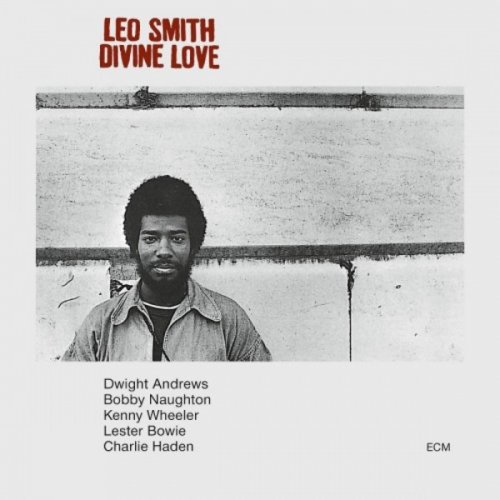
Artist: Wadada Leo Smith
Title: Divine Love
Year Of Release: 1996
Label: ECM
Genre: Avant-Garde Jazz
Quality: FLAC (tracks+.cue, log, Artwork)
Total Time: 44:00
Total Size: 214 MB
WebSite: Album Preview
Tracklist: Title: Divine Love
Year Of Release: 1996
Label: ECM
Genre: Avant-Garde Jazz
Quality: FLAC (tracks+.cue, log, Artwork)
Total Time: 44:00
Total Size: 214 MB
WebSite: Album Preview
01. Divine Love (21:50)
02. Tastalun (6:42)
03. Spirituals: The Language Of Love (15:28)
Composer, improviser, and musical theorist Wadada Leo Smith had been approached by ECM for years before he finally relented. His recorded documents had previously been issued on his own Kabell label, but the desire to circulate his work eventually resulted in Divine Love being created for Manfred Eicher's label. His working group at the time (Dwight Andrews on alto flute, bass clarinet, tenor saxophone, and percussion; Bobby Naughton on vibraharp, marimba, and bells) is the featured ensemble on the two bookend works, while "Tastalum," a piece for three muted trumpets, places Smith in the company of Lester Bowie and Kenny Wheeler. From 1970 on, Smith's scores have been obsessively well-considered. The music for Divine Love moved along two distinct lines of demarcation that are amply illustrated. The first was rhythm units; the strategy involves balancing each note produced with an equivalent unit of silence. The second, "Ankhrasmation," is a plotted method of "scored improvisation" wherein he conveys ideas to other musicians with room left for personal interpretation and exploration. The album's two long-form bookends -- the title track and "Spirituals: The Language of Love" -- exemplify the former, while the latter theory animates "Tastalun" at the album's center. The flowing, suite-like structure of the set delivers music to the listener with a cyclical, almost ritualistic feel which deepens considerably with subsequent listens. Drifting through the waves of Naughton's mallet percussion on the title track, each cry and whisper from brass, reed, and wind instruments, mbira, vibes, bells, and gongs, arrives from the ether but is fully present, seemingly without origin or, for that matter, a horizon. On the much briefer "Tastalun" (under seven minutes), Smith, Bowie, and Wheeler act spontaneously but with intention, framing the gauzy lines of the composition while deliberately making them permeable, like controlled breathing. It is among the most harmonically astute and emotionally resonant of Smith's compositions. On the closing "Spirituals: The Language of Love," bassist Charlie Haden joins Smith's trio in re-examining all that has transpired up to this point in order to rediscover the album's spark of creation, then transforms it. Traces of modal blues, age-old pop melodies, Afro-Caribbean folk songs, and more emerge to be folded into Smith's ethereal quilt of space, silence, and sound. This work demanded a special type of concentration and economy from the performers. They ably resisted the myriad temptations of '70s vanguard jazz to insist that the negative spaces -- no notes, just the ghost traces of those that came before -- got equal say in developing conversations. While Naughton's vibes and marimbas added a nearly pervasive sense of unforced lyricism, warmth, and beauty, it is Andrews' alto flute that provides listeners the emotional center on the album. Smith acts as conductor, soloist, and his own sideman here; he opens the field on Divine Love through the authority of his players, each of whom receives the colorful possibilities he presents with unguarded openness and the desire to expand on them.
![Manu Delago & Max ZT - Deuce (2026) [Hi-Res] Manu Delago & Max ZT - Deuce (2026) [Hi-Res]](https://img.israbox.com/img/2026-02/19/v5s18xsisjkqnsg5od9qlgck5.jpg)
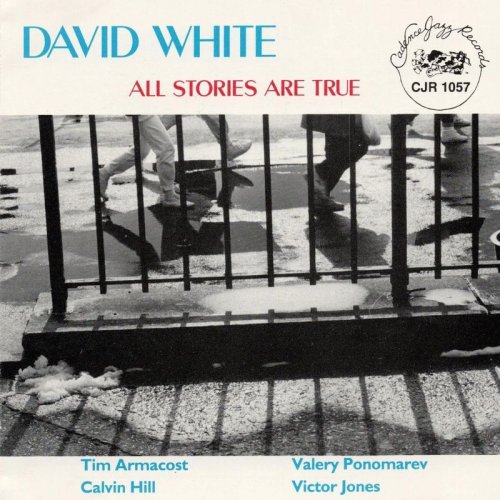

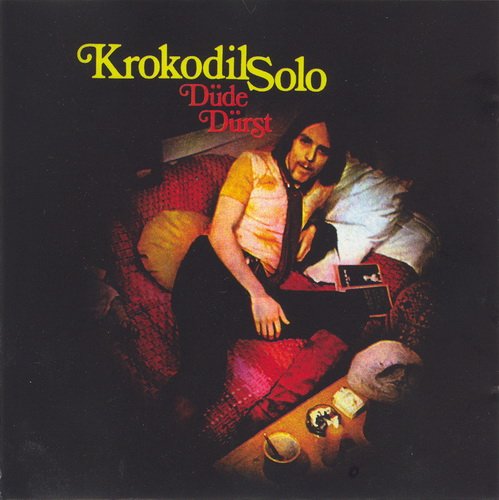
![Greg Foat & Sokratis Votskos with The Giorgos Pappas Trio - Impressions of Samos (2026) [Hi-Res] Greg Foat & Sokratis Votskos with The Giorgos Pappas Trio - Impressions of Samos (2026) [Hi-Res]](https://www.dibpic.com/uploads/posts/2026-02/1771506483_sa4kxxin052ht_600.jpg)
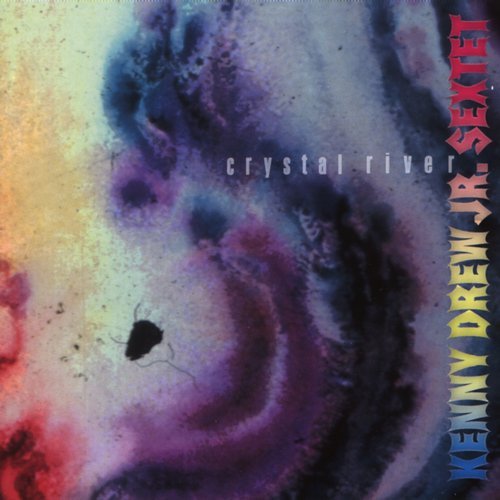
![William Ackerman - Past Light (1983) [1997 Japanese Edition] William Ackerman - Past Light (1983) [1997 Japanese Edition]](https://www.dibpic.com/uploads/posts/2026-02/1771702726_001.jpg)
